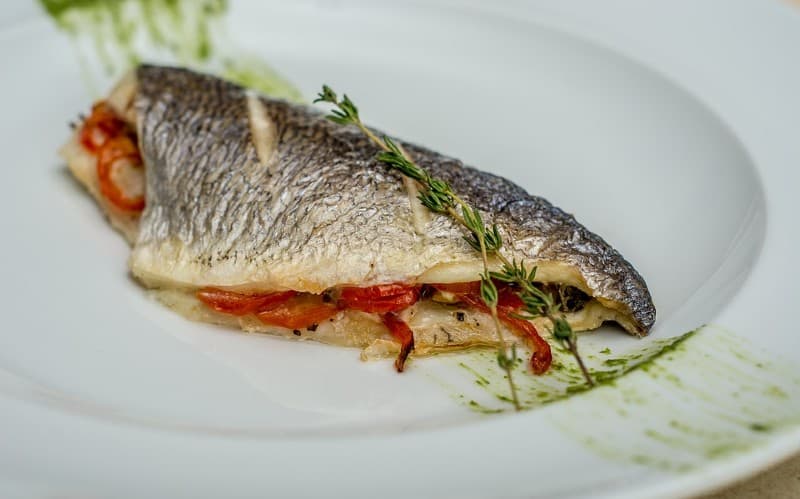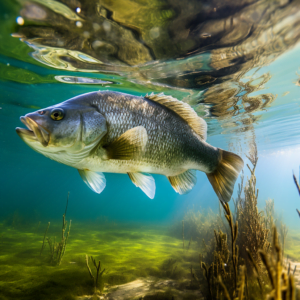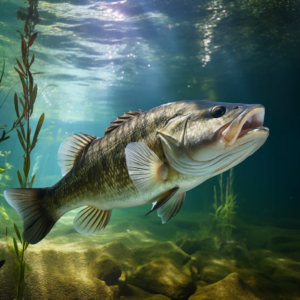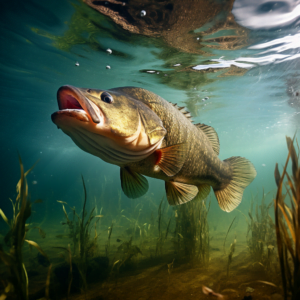Have you ever wondered what largemouth bass tastes like? If you’re curious about the flavor profile and texture of this popular freshwater fish, then you’re in for a tasty treat. Largemouth bass is known for its mild yet distinctive taste, often described as slightly sweet with a hint of earthy undertones. The white, firm flesh of the bass has a meaty texture that is both tender and flaky. Whether you’re an avid angler or simply a seafood enthusiast, exploring the flavors of largemouth bass can be a delightful culinary adventure.
What Does Largemouth Bass Taste Like?
Taste Profile
If you’re a fishing enthusiast or a seafood lover, you may be curious about the taste of largemouth bass. Largemouth bass is a popular sport fish in North America, known for its expansive habitat range and challenging catch. In terms of taste, largemouth bass has a mild and delicate flavor that is often described as clean and fresh. Its lean, white flesh offers a subtle sweetness with a hint of earthiness.
Flavor and Texture
Largemouth bass has a tender flesh that cooks up moist and flaky. The texture is both firm and succulent, making it an enjoyable eating experience. The flavor profile can vary depending on various factors, such as the fish’s age, diet, and location, but overall, largemouth bass has a milder taste compared to some other fish species.
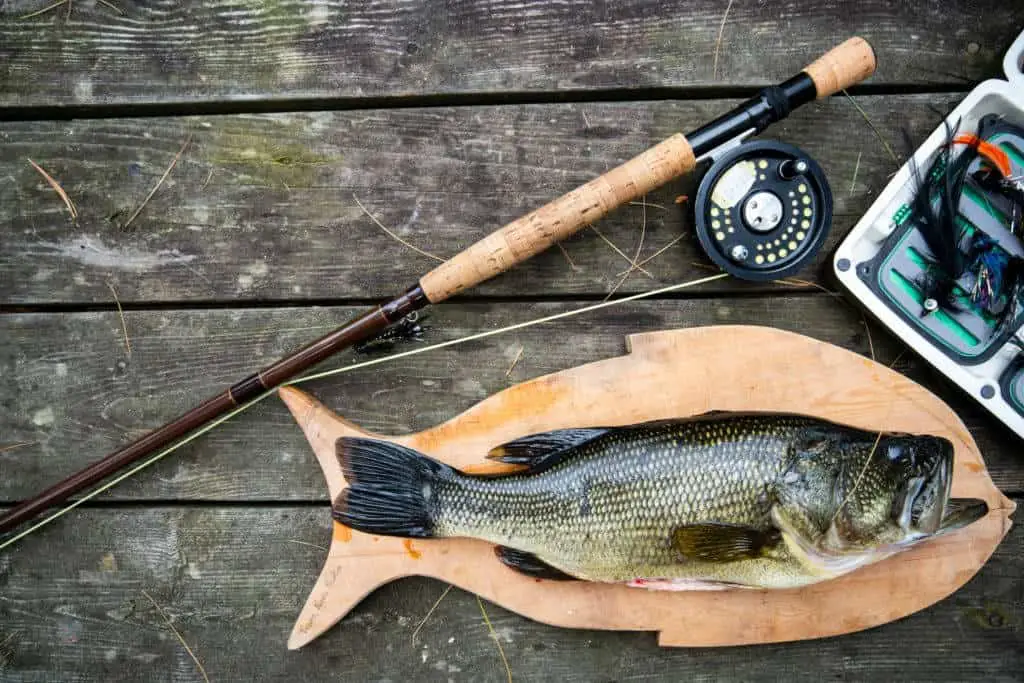
Factors Affecting Taste
Several factors can influence the taste of largemouth bass. The age of the fish can affect the flavor, with younger bass generally having a milder taste. The diet of the bass also plays a role, as it can consume different aquatic organisms, such as crayfish, insects, and smaller fish, which can contribute to the flavor profile. Additionally, factors such as water quality, habitat, and fishing methods can all impact the taste and overall quality of largemouth bass.
Cooking Methods
When it comes to cooking largemouth bass, there are many options available that can highlight its delicate flavor and tender texture. One popular method is grilling, which allows the natural flavors to shine through while imparting a slight smokiness. Pan-frying is another great way to cook largemouth bass, as it helps to develop a crispy exterior while keeping the flesh moist and flavorful. Baking, steaming, and broiling are also viable cooking methods that can bring out the best in this fish.
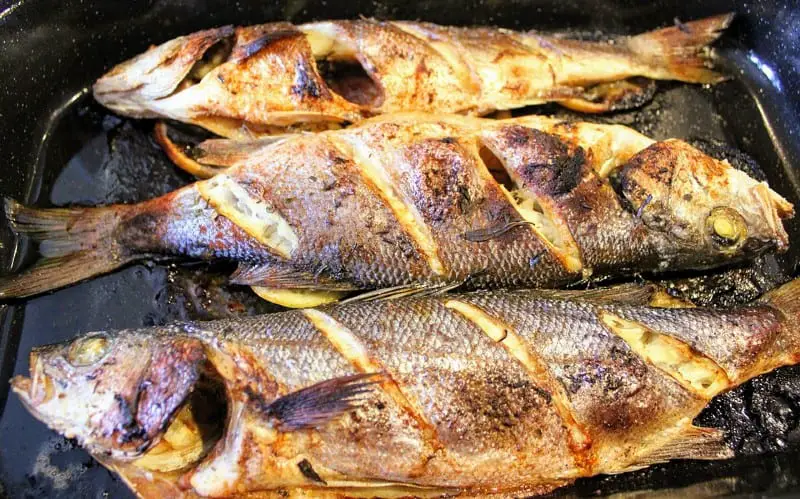
Seasonings and Pairings
Largemouth bass pairs well with a variety of seasonings and ingredients. For a simple and classic preparation, you can use lemon juice, garlic, and fresh herbs such as thyme or parsley to enhance the natural flavors of the fish. Other options include citrus-based marinades, Cajun seasoning, or a light dusting of breadcrumbs and herbs for a crispy coating. Pairing largemouth bass with fresh vegetables, rice, or a light salad can create a well-rounded and satisfying meal.
Regional Differences
There may be some regional differences in the taste of largemouth bass, as it can be influenced by the waters it inhabits and the local food sources available. For example, largemouth bass caught in freshwater lakes might have a slightly different flavor compared to those caught in coastal areas. Similarly, bass caught in colder climates may have a firmer texture due to their slower growth compared to bass caught in warmer regions. These subtle variations add to the charm and diversity of this popular fish.
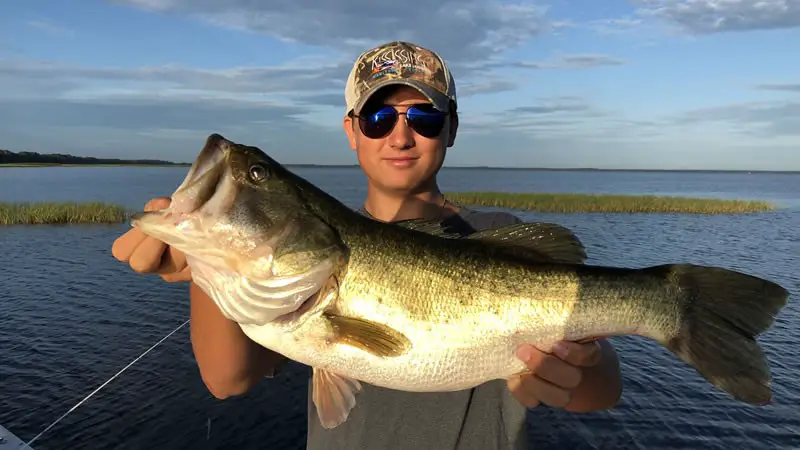
Health Benefits
Largemouth bass offers several health benefits, making it a nutritious choice for your diet. It is a low-calorie and low-fat protein source, making it suitable for those watching their weight or looking to maintain a healthy lifestyle. Largemouth bass is also rich in essential nutrients such as omega-3 fatty acids, vitamin D, and various minerals, including selenium and magnesium. These nutrients contribute to heart health, brain function, and overall well-being.
Sustainability and Environmental Impact
As with any fish, it’s important to consider the sustainability and environmental impact of consuming largemouth bass. Largemouth bass populations can be affected by overfishing and habitat destruction, so it’s crucial to practice responsible fishing and support sustainable fishing practices. Following catch limits, using non-destructive fishing methods, and respecting the natural habitats are essential in ensuring the long-term health and sustainability of largemouth bass populations.
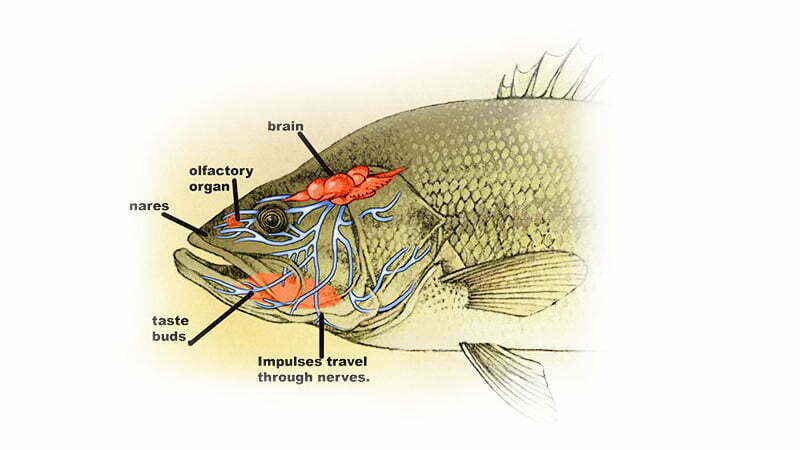
Common Misconceptions
There are a few common misconceptions about largemouth bass that are worth addressing. Some people believe that largemouth bass has a strong “fishy” taste, but in reality, it is much milder and less fishy compared to certain saltwater fish species. Another misconception is the association of largemouth bass with poor eating quality. While it is true that larger bass can have a stronger taste, many anglers find the meat of smaller-sized bass to be just as delicious, if not more so, due to its more delicate flavor.
Conclusion
In conclusion, largemouth bass offers a mild and delicate flavor, with a pleasant texture that makes it a popular choice among fishing enthusiasts and seafood lovers alike. Its versatility in cooking methods and pairings allows for endless culinary possibilities. By understanding the factors affecting taste, practicing sustainable fishing, and approaching this fish with an open mind, you can fully appreciate the unique taste experience that largemouth bass has to offer. So the next time you hook that big bass, don’t hesitate to explore the delicious world of largemouth bass cuisine.
